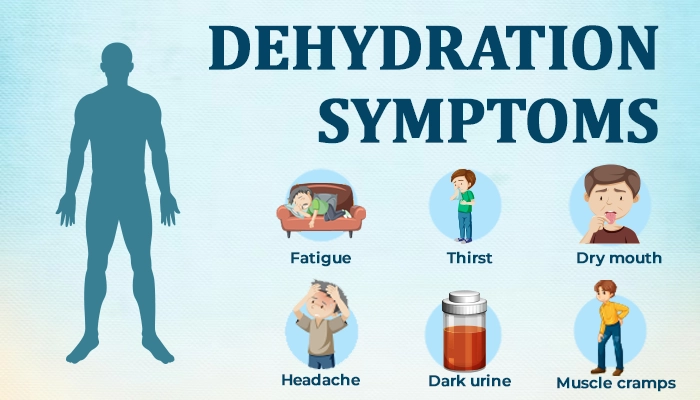At Sai Sanjivani, we provide clear and helpful insights on kidney disease and paralysis through our informational blogs. We are here to guide you with easy-to-understand tips and advice on managing your health through Ayurvedic care. Join us on this journey to better health and discover how you can improve your well-being today.
Whether you are looking for natural remedies or want to learn more about your health, our blog is here to help. Together, let's explore a holistic approach to living a healthier life!

[vc_row][vc_column width=”1/1″][vc_column_text]
Dehydration affects kidney function
The basic necessity of life is “water.” No living being can live without water. It is essential for life, and enough consumption of water daily can meet all the body’s needs. Water is the only fluid that helps the waste and toxins to flush out from the body.
Now, water is specifically important for the kidneys as it is the primary organ that supports the flushing properties. It flushes out the waste materials and toxins from the body. But, due to less water intake, it fails to do its work properly and creates further complications in the body.
In this article, we are going to discuss the importance of water and can dehydration cause low GFR.
How dehydration cause low GFR results?
For this, you need to understand what GFR is. It is called the “Glomerular Filtration Rate,” and it measures the overall working of your kidneys. If the eGFR levels are low, it means your kidneys are not functioning well, and the serum creatinine levels are rising.
Now the most common question being asked is, “can dehydration cause low GFR?” So, the answer is yes, dehydration can cause low functioning of kidneys, and that means your GFR levels will fall. The main work of the Kidneys is to remove bodily fluids from the body and help maintain the toxins like sodium, creatinine, urea, and potassium levels in the body. But, if there is not enough fluid in the body, then kidneys will not function, and these toxins will rise and create kidney problems like AKI, CKD, or even kidney failure.
Symptoms of dehydration
- Less urine
- Dark yellow, strong-smelling pee
- Feeling tired
- Dry mouth, lips, and tongue
- Feeling dizzy or lightheaded
- Muscle cramps
Above mentioned are the basic symptoms of dehydration, but most people ignore such symptoms, which causes great problems in the body. Drinking plenty of water is strictly advised for persons with kidney stones. As it creates, a surplus amount of fluid in the body and kidneys work more efficiently.
Conditions of water intake in low eGFR
Everybody requires a different amount of water to be consumed because everybody is unique. Age, activity habits, climate, and other factors affect a person’s water intake differently. The condition of breastfeeding, being ill, and being pregnant are additional variables used in the calculation of water intake. It’s crucial for renal patients to understand that drinking a lot of water won’t make kidney damage complications go away, but it can make the damage slower. Restricting water intake is recommended for those who are nearing kidney failure or have impaired kidney function.
Ways to increase GFR levels naturally
Since water aids in the removal of waste and pollutants, people are recommended to increase their water usage. It is suggested that those with kidney-related diseases who already have a low GFR seek the appropriate treatment. Getting natural renal therapy is the best option to treat your kidney problems because it has no side effects on the body.
Many renal patients believe that dialysis and kidney transplantation are the sole options for treating kidney illness. But, it is not true; chemicals and allopathic medicines sometimes have negative impacts on the body. For those patients who were unsuccessful in receiving kidney treatment, Sai Sanjivani is giving the best natural therapy for renal disease.[/vc_column_text][/vc_column][/vc_row]




